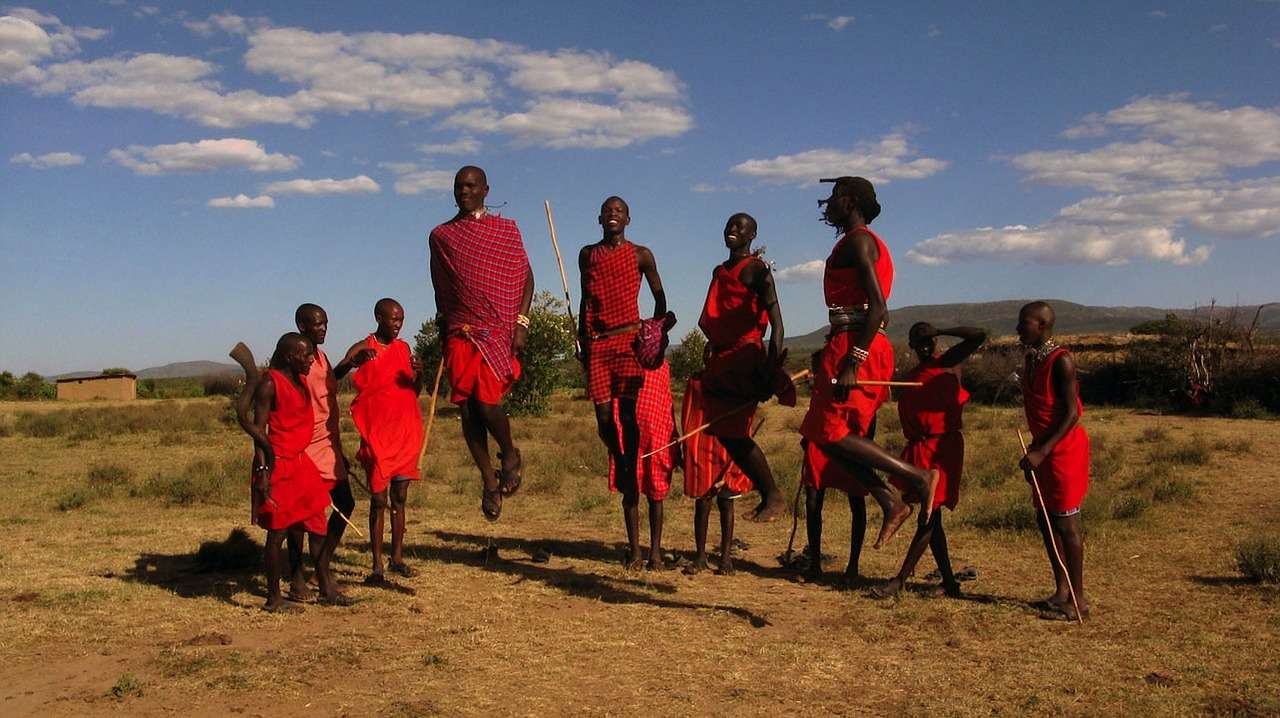
10 Travel Tips for an African Safari
Posted on August 17, 2022
Travel Tips when going for an African Safari
As the safari saying goes,” it’s better to be safe than sorry.” We understand your need for vital information before traveling for your African safari, that’s why we have compiled the 10 most vital travel tips to follow and these will help you plan your safari without any mishaps.
1. Travel insurance;
As soon as you have confirmed your travel plans, the first thing to do is to take out travel insurance. Select a policy that covers cancellation, medical illness, and emergency evacuation and associated hospital treatments. Always be sure to take your travel insurance emergency number/ details with you while traveling for an African safari
2. Personal safety while on an African safari;
Your personal safety as well as security is a vital matter. So take the same precautions while traveling in Africa on safari that you would in any other major city at home. Avoid carrying large sums of cash. It’s advisable to carry your cash, passport and travel documents in a money pouch hidden under your shirt. Always keep it out of sight or stored in your camera bag or knapsack which should remain in sight at all times.
Always keep close watch on your personal bags when walking in crowded areas especially in airports, markets, restaurants and on the streets.
Remember not always to walk alone at night
Leave your passport, airline tickets and cash in a safe place (hotel/lodge safe) when going out.
Keep the tempting valuables including phones, cameras, wallet pouches and hand bags out of sight. Always lock them up in the room safe or hand them to the management.
It’s also advisable to leave the valuables like the jewelry at home.
3. Credit cards, Cash & ATM’s:
Always carry a combination of cash preferably US$ for most countries and at least one credit card. The traveler’s cheques are not widely accepted in African countries and the United States dollar remains the most widely accepted, followed by the Euro and sterling. It’s advisable to take at least $150 to $250 per person per week in cash from home. The visas that are secured on arrival must be paid in cash and in the exact amount. Some of the countries don’t accept $bills dated before the year 2000, due to suspicious of counterfeiting.
Always be aware of Street Side money changers and in case you use one, be sure to count each note separately to satisfy yourself that whole is well before handing across any of your cash . Always keep the money in sight since it cash easily be interchanged for paper later on by those street boys.
The credit & Debit cards
Most of the establishments in Africa accept international credit cards. Use them as a method of payment wherever possible. It’s also advised to carry, more than one brand of credit card as not all types are accepted by all the outlets and hotels. However, credit card companies don’t offer the best exchange rates going round and will often add a foreign transaction fee for good measure. The credit cards in Africa carry a surcharge of up to 5% in some cases, and possibly more, always be sure to ask about any surcharge before you hand over your credit card. Nevertheless, while booking confirm with your African safari operator if there is extra charge for the card before making payment.
Most importantly, most banks and credit card companies advocate that you advise them before you travel overseas so that the credit card monitoring system doesn’t suspend your card when they detect any unusual purchases. Such purchases can trigger the suspension of your card and leave you with only embarrassing consequences.
ATM machines
The ATMs in Africa only supply local currency and you might need an international PIN code, also be sure to check with your bank back home about how this should work. VISA has got the best coverage in Africa. You can use an ATM in the bank, so in case your card is retained for any reason, you can always go in and get it back, Don’t always rely on ATMS as the main source of cash while on your African safari in Africa.
4. The electric Current;
Electricity in Africa is all 220 – 240V/50HzAC, as is much in Europe, UK, Australia and New Zealand and in all Asian countries. Those tourists from North America must bring an adapter for the proper plug configuration and converter. There are many different plug types; the European with two prong round un earthed, old British plug which is three prong round small and many more. A number of hotels have got international wall sockets which will take an array of both prong and three prong plugs. Different countries have got different plug types, so it’s vital to confirm that before traveling to any African country.
It’s also said that not all safari camps and lodges have electrical outlets in the tents/ rooms but they always have a place where you can recharge the camera/video and phones as well as iPod batteries. However, when taking an African safari its important to note some of the camps in Africa run their generators at certain times of the day, so it’s advisable to check with the manager when you arrive.
Some of the mobile African safari operators have got inverters in their vehicles, so you can charge your camera/video batteries on the move.
5. Mobile phones & internet access:
The truth is communications in Africa are not what you are used to at home but mobile phone coverage is more widely spread throughout Africa, although not in some of the remote African safari destinations. Always check with your service provider if your phone is registered for international roaming or if your phone is dual or tri- band GSM phone and it will work just fine.
There is always free WiFi that is given at the safari lodges and camps, some as the extension of that countries communications grid, and some connected via satellite. Always check with your African Travel specialist before you leave home about which camps or lodges have WiFi. It’s better to use WiFi than your mobile phones. Avoid the high international roaming charges.
Also note that not all conventional communication options like phone, fax, internet and email are available at the more remote safari camps. Communications are sometimes available via HF Radio.
6. Water
Always drink bottled water, and it’s always safe drinking the bottled water that is readily available at all the camps and lodges. Always carry a bottle of water with you at all times including on transfers between camps. In case the water is not treated or bottled, then avoid ice in your drinks or cleaning your teeth with the tap water. Always take water purification tablets for emergency use if you think the bottled water won’t be available.
There are many African safari operators who are making sterilized water bottles that are available for you to fill with purified water at their camps and lodges. This is an initiative that you should adopt wherever possible as this will have a vital and positive environmental impact. Dehydration is a real danger on safari, always make sure to drink at regular intervals and have water at hand at all times.
7. Dust
During the winter months of June to October, the game reserves are extremely dusty. The contact lens wearers should carry eye drops and eyeglasses, to avoid eye irritation. Always clean camera and video lenses regularly and store in a camera bag, while on an African safari.
8. Tipping
This is a common dilemma for many of the visitors to any foreign country. An Africa, tipping is not expected but is customary. The traditional gratuity to safari guides or the camp staff is not included in the price of your safari and is completely discretionary. Always bear in mind that what may seem like a minor amount to you may be significant to local African staff and will certainly be received with a display of gratitude that is genuinely humbling.
Many of the safari lodges have a tip box at the reception for the staff, and this covers all the un seen services you have enjoyed during your stay, including the house keeper and kitchen staff. Visitors are always advised to tip moderately and in accordance with the level and quality of service provided and if you are satisfied with that service. The tips can be paid in $ or local currency.
9. Charity while on an African safari
Many of the visitors to Africa feel the urge to help the less fortunate whom they meet on a safari, or when visiting a local village or school. It’s the best to seek an appropriate opportunity while you are travelling, rather than carry along gifts from home. Many organizations like Nature Kenya, safari camps and the lodges are involved in working with their local communities to sustain school, clinics and many other projects.
10. General thing to note while taking an African safari
Important to note when taking an African safari, many African countries have got severe exchange control regulations and it’s illegal to enter or leave the country with anything other than nominal amounts of local currency. To avoid many problems, do not exchange too much money into local currency at any time. However, there is no restrictions on the amount of foreign currency that might be imported.
Above are some of the tips to look into before confirming your African safari
Common African safari booking terms that will help guide you in planning


Comments are currently closed.